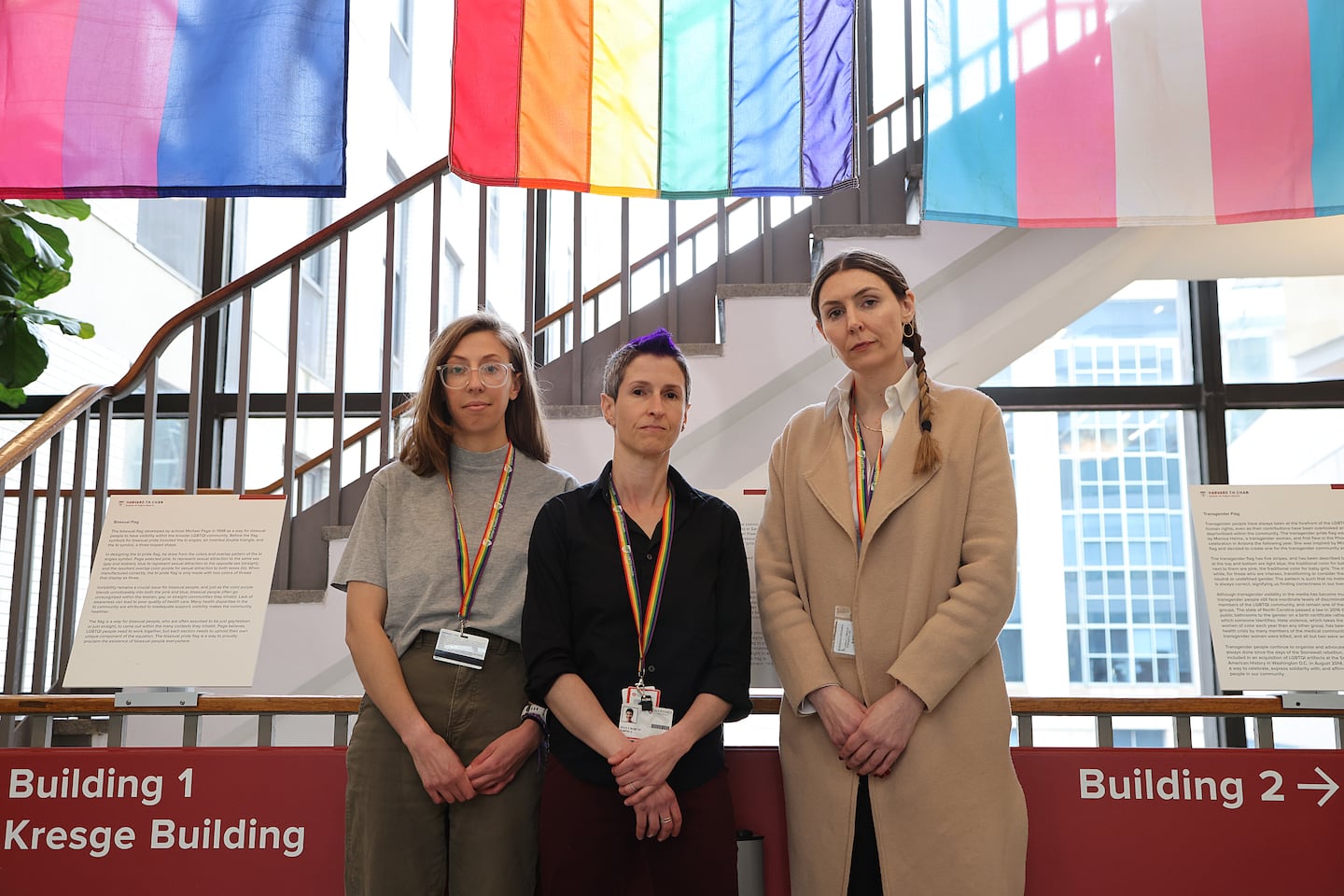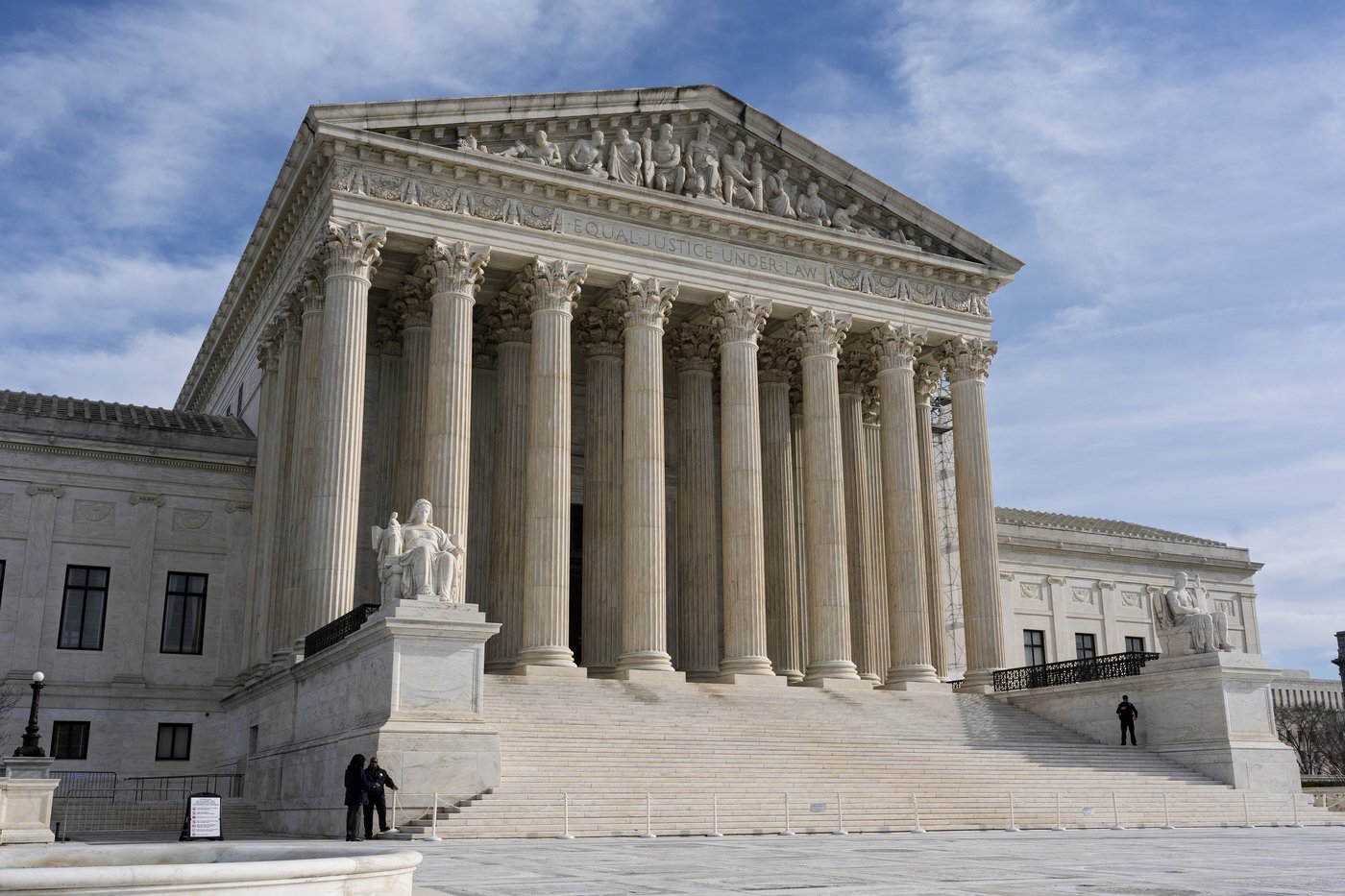
“I‘ve sat on this bench now for 40 years. I’ve never seen government racial discrimination like this,” said US District Court Judge William G. Youngwho was appointed to the federal bench by former President Ronald Reagan. “Is it true of our society as a whole? Have we fallen so low? Have we no shame?”
Ruling from the bench, Young decreed that the grant terminations are illegal because they are “arbitrary and capricious” — a legal term referring to a decision that is made without a rational basis or sufficient consideration. The judge formally reversed the grant terminations at issue in the case, stating that the government must immediately make the funds available.
The decision applies to more than 800 individual grants identified in two lawsuits against the Trump administration and the NIH, attorneys for the plaintiffs said. The grants at issue focus on racial disparities, health equity, vaccine hesitancy and maternal health in minority communities, banned through a series of executive ordersdeeming them unworthy of federal funding.
The Trump administration is “exploring all legal options” including asking the judge to stay the ruling or appealing, said Andrew Nixon, a spokesman for NIH’s parent agency, the Department of Health and Human Services. “HHS stands by its decision to end funding for research that prioritized ideological agendas over scientific rigor and meaningful outcomes for the American people,” he said in an email to the Globe.
“It is appalling that a federal judge would use court proceedings to express his political views and preferences,” White House spokesman Kush Desai said in a statement to Politico. “How is a judge going to deliver an impartial decision when he explicitly stated his biased opinion that the Administration’s retraction of illegal DEI funding is racist and anti-LGBTQ?”
Attorneys for the Trump administration have consistently argued in court that the funding cuts are based on sound policy decisions and that research into gender identity is often “unscientific” and does not advance the health of Americans.
A group of public health experts, labor unions and the American Public Health Association filed a lawsuit in April challenging those grant cuts over what they call an “ongoing ideological purge” of scientific research. The lawsuits allege that the NIH broke from its usual science-based review process and launched a “reckless and illegal purge” to stamp out research on topics and populations that it no longer favored. It alleges that the Trump administration disregarded congressional mandates to fund health disparities research, and violated federal administrative process law by failing to provide scientific reasoning behind the cuts.
A second lawsuit was filed by a group of 16 states.
Since February, the NIH has revoked a total of 2,282 grants that add up to almost $3.8 billion of lost funding, according to a new analysis by the Association of American Medical Colleges. With its large concentration of universities, hospitals, and research institutions, Massachusetts has been hardest hit by the NIH funding cuts, losing $1.28 billion in research funding, the analysis found.
“While today’s ruling is reassuring, President Trump’s cuts to NIH funding have already caused significant damage,” said Governor Maura Healey in a statement Monday afternoon. “He halted lifesaving research into cures for cancer and Alzheimer’s – diseases that we are all impacted by. We can’t get that time back. He forced our research universities to lay off staff and rescind PhD offers. And he handed China and other foreign countries the opportunity to recruit away our researchers, scientists and entrepreneurs. President Trump’s NIH funding cuts made America weaker and less competitive – and Judge Young made the right decision by striking them down.”
Researchers who brought the lawsuits against the federal government also hailed the ruling.
“Today’s decision is an important step in protecting public health and allowing critical research to continue. Research that helps us understand and treat serious diseases should be based on science, not politics,” said Brittany Charlton, an associate professor at Harvard Medical School and a plaintiff in the case. “This ruling rightly allows important studies that were unfairly stopped to move forward again.”
It is unclear how Monday’s ruling will affect researchers at Harvard University – the focal point of the Trump administration’s relentless attacks on scientific research and higher education. At Harvard Medical School alone, more than 350 federal grants have been terminated. Those that were identified in the lawsuit may have their funding reinstated, though they’re a fraction of what has been canceled.
At several points in Monday’s hearing, Young expressed confusion and frustration over the criteria the government was using to terminate grants. He pointed to a series of Trump administration directives that made claims that, he argued, did not appear adequately explained or supported by facts. Young said the language in the directives was sometimes so vague that he couldn’t determine whether they were based on science.
“This court finds and rules that the explanations [from the Trump administration for the grant terminations] are bereft of reasoning virtually in their entirety,” Young said. “These edicts are nothing more than conclusory, unsupported by factual development.”
Young also took issue with Trump administration statements asserting that funding of DEI-related research projects support “unlawful discrimination.”
“Where’s the support for that? Any support? Any rational explanation?” Young asked the attorney for the Department of Justice. “I see no evidence of that. Point me to … any particular grant or group of grants being used to support unlawful discrimination on the basis of race. From what I can see, it’s the reverse.”
The plaintiffs did not accuse the NIH of racial discrimination in their lawsuits, but Young repeatedly raised the issue during Monday’s two-hour hearing.
“I am hesitant to draw this conclusion — but I have an unflinching obligation to draw it — that this represents racial discrimination and discrimination against America’s LGBTQ community,” Young said. “That’s what this is. I would be blind not to call it out. My duty is to call it out.“
Still, it remains to be seen whether the Trump administration will comply with the order and reinstate funding for the terminated grants.
In March, a federal judge granted a preliminary injunction blocking enforcement of a Trump executive order banning federal funds from being used to promote so-called “gender ideology.” Yet the administration has continued to cancel the grants anyway, say researchers tracking grant terminations.
On Monday, Young repeatedly pressed the attorney for the Trump administration, Thomas Ports, Jr., to explicitly state whether the director of the National Institutes of Health would obey his decision.
“Are they going to obey, promptly?” Young asked.
“Your honor, I would expect defendants to comply,” Ports said in response.
Chris Serres can be reached at chris.serres@globe.com. Follow him @ChrisSerres.



